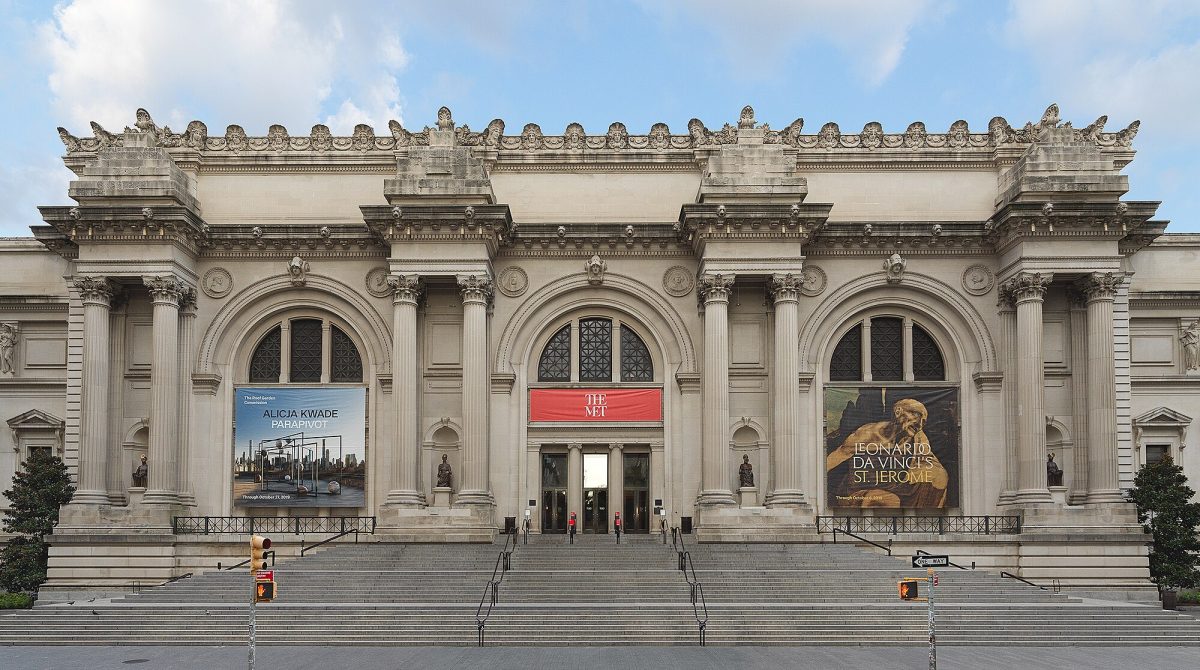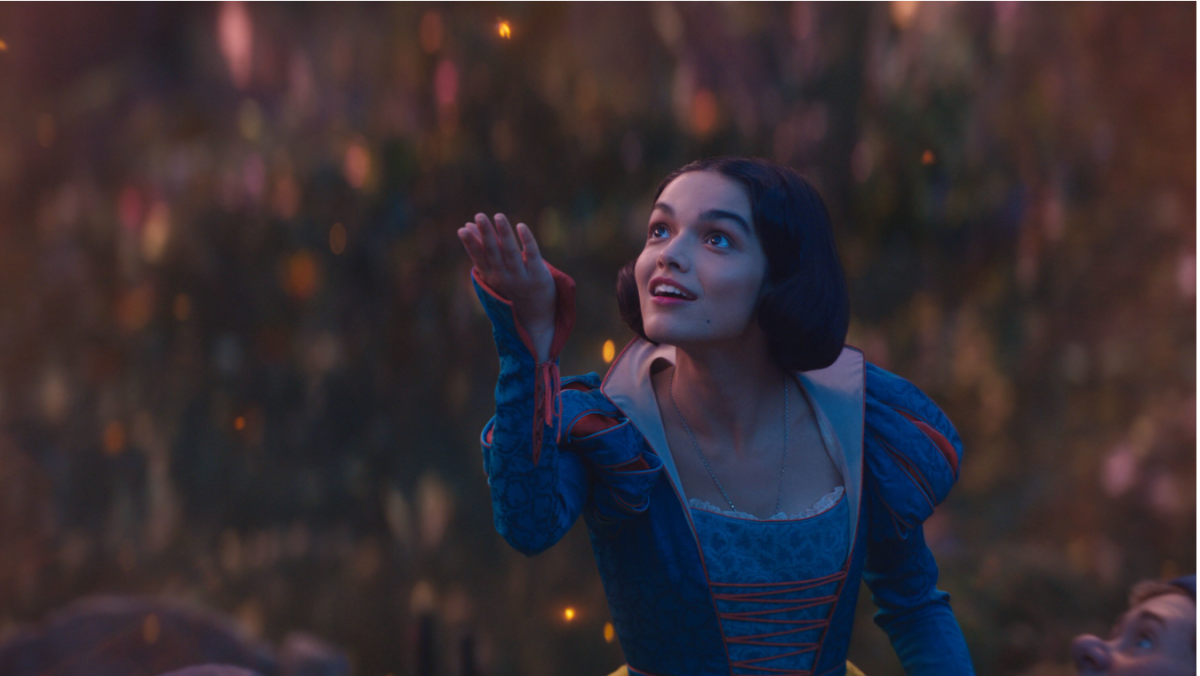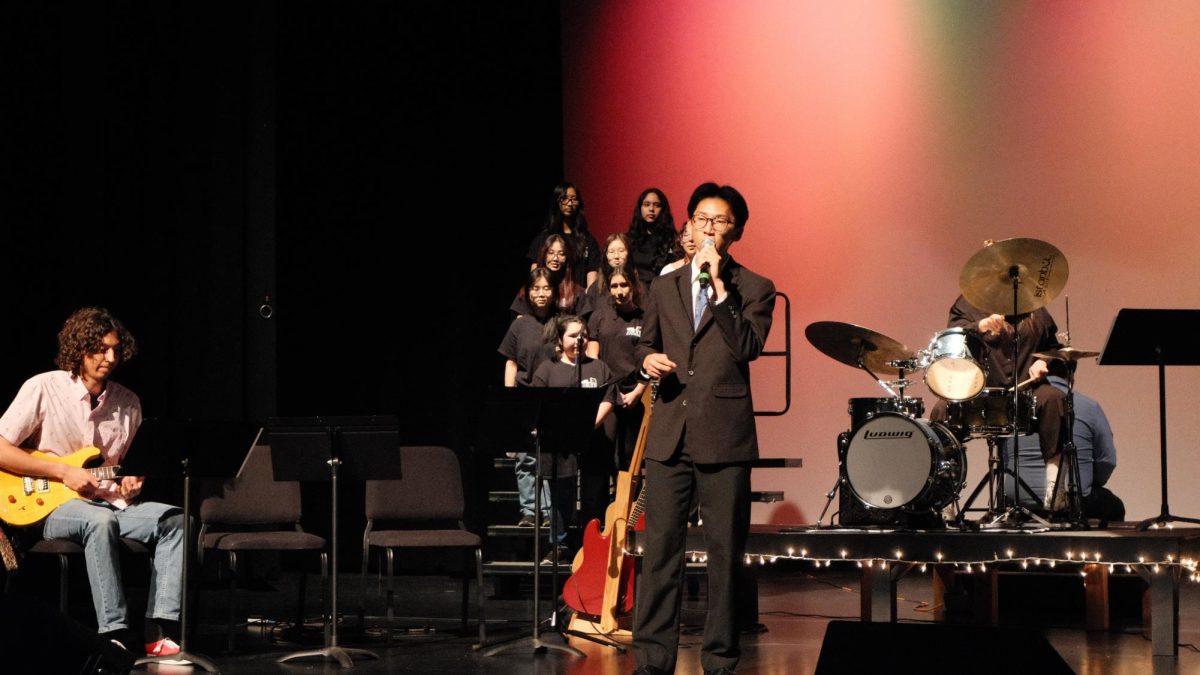By Brian Ly | Staff Writer
“My mom is 84 years old and she is at home watching. Mom! I just won an Oscar!” Ke Huy Quan exclaimed with tears in his eyes, holding up the first Oscar he has ever won. “… They say stories like this only happen in the movies, I cannot believe it’s happening to me. This, this is the American dream!”
I found myself crying alongside Quan as memories flooded me from March of last year, when I had walked out of the Santa Anita AMC sobbing from the very movie he won his 2023 Oscar for. What I expected was a purely fun A24 film, but it quickly became more than just a comedy flick; “Everything Everywhere All At Once” became a crucial step in highlighting the Asian American experience. This film is one of many that feature mostly Asian casts that seek to combat the predominantly white Hollywood film industry, offering an outlet for Asian American and Pacific Islander communities to see themselves in a way that uplifts their identity.
Funnily enough, there was a brief moment where I grew up seeing myself, but no thanks to Hollywood. I was and still am a fan of cải lương, Vietnamese folk opera. I watched people who looked just like me speak in prose and burst into song. But when it was unpopular amongst friends, I tried to fit in with what was liked amongst peers by trading my culture for superheroes, talking animals, and everything else deemed American.
I craved to see my family in live-action films, but Asian American communities were shoved into two categories: martial arts or war. I was tired of violence and tragedy defining us.
This changed in 2018 when “Crazy Rich Asians” was thrust into the limelight. When it made $117 million in its opening weekend, it became the top-grossing Hollywood rom-com. Its theme of acceptance amidst the riches and socialites proved we were more than tragic story pieces; we were human.
DC released “Aquaman” in the same year, casting Jason Momoa, a Polynesian and native Hawaiian, to play the superhero, especially impressive considering how Aquaman is white in the comics.
In 2019, “Parasite” continued Asian recognition in Hollywood through its perspective on classism. In 2020, “Minari” highlighted the dreams of immigrants. In 2021, “Shang-Chi and the Legend of the Ten Rings” introduced the first ever eastern Asian superhero in the Marvel Cinematic Universe (MCU).
Each and every year, we saw slow yet welcome change in representation.
And in 2022 came “Everything Everywhere All At Once.” Grounded in the struggle of family dynamics, it juxtaposed mundane taxes with nihilistic everything-bagels, existentialist googly eyes, and the wildness of vast multiverses.
Michelle Yeoh would claim best actress this year for her role as Evelyn Wang, and she is the first ever Asian to win in her category. Resonating most with me is Ke Huy Quan, who plays Waymond Wang. As a Vietnamese American whose acting career faded away after his child roles in “Temple of Doom’’ and “Goonies,” he returned 40 years later as the second ever Asian American man to be honored at the Oscars for best supporting actor.
Seeing Quan and Yeoh on the stage lit up a lightbulb inside of me; I was finally in the right multiverse to see this moment happen. It is crucial that these movies, and any that put a light on the Asian American experience are celebrated. As the focus on representation continues to expand, we should be allowed to see ourselves in movies liking even the most menial of chores, just doing taxes and laundry. Not in another life, but now.







